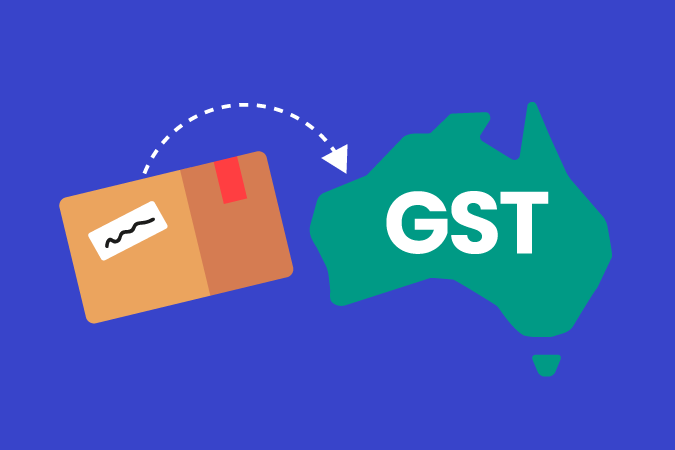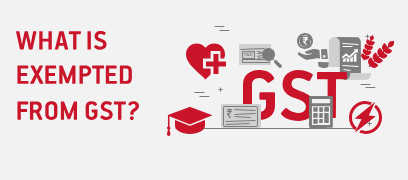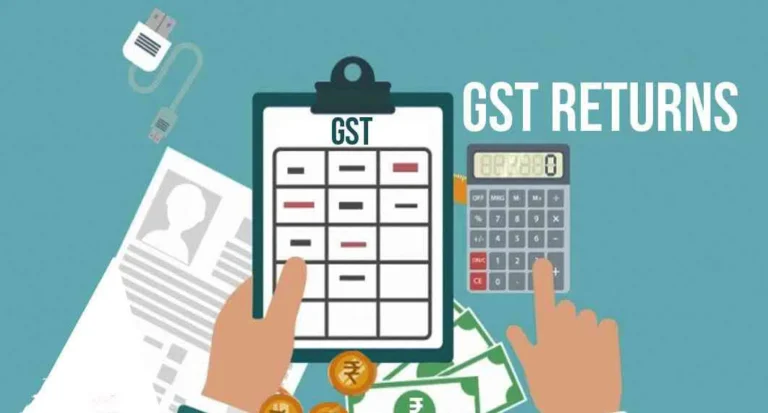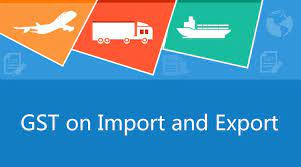Following the trend of acceptance of goods and sales tax (GST) around the world, New Zealand also jumped on the bandwagon back in 1986. The GST started off at 10% at that time and has not surpassed the mark of 15% as of yet.
Just like the rest of the world, the GST in New Zealand is applied to a majority of goods consumed or services rendered. However, while travelling to New Zealand, certain regional tourism taxes have been defined for the tourists, or the non-residents as they like to call them.
In this article, we are going to briefly touch on the relationship between Tourism and GST in New Zealand and its dual perspective for everyone involved.
What Does GST Mean for Tourists and Non-Residents?
Among a number of taxes that tourists are liable to pay, GST is one such that applies to tourists once they land in New Zealand from an international flight. A non-resident is expected to pay the GST in the same manner as any Kiwi citizen would do.
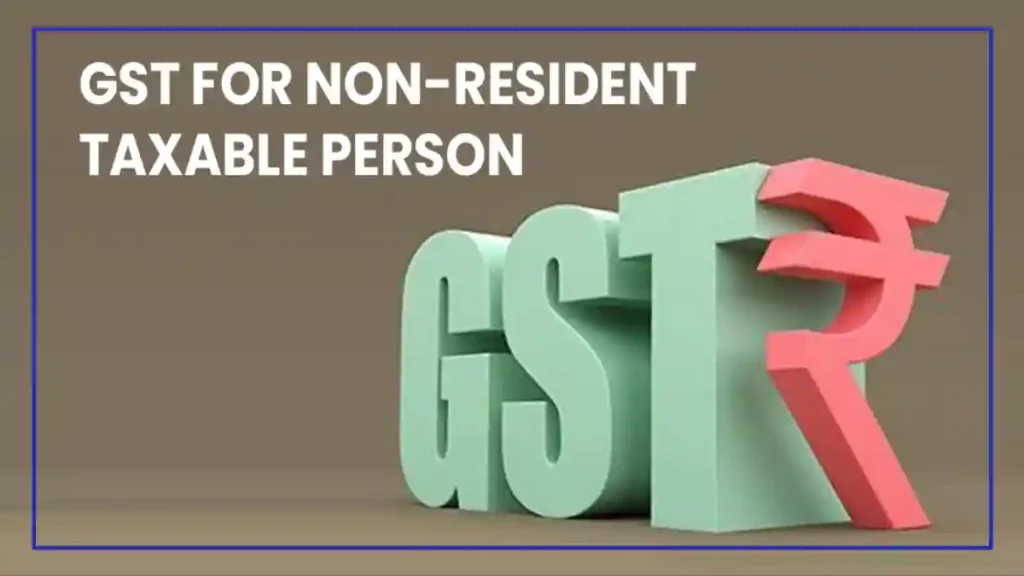
The New Zealand government, however, has defined some exemptions for tourism products and services, such as duty-free items. This exemption is applicable once a tourist shows proof of leaving the country, usually in the form of a return ticket. Unlike GST claims for the residents of New Zealand, tourists can not claim the goods and services tax once they have paid for it.
According to the New Zealand Productivity Commission, tourists have been found to be contributing a major portion to the central government in the form of goods and services tax (GST).
Tourism and GST in New Zealand – From the Government Perspective
The tourism industry in New Zealand by the end of March 2022 has resulted in tax revenue of $209 million, with an increase of $72 million compared to the year-end of March 2021. According to the government tourism department in New Zealand, International tourism contributed a total of 2.4% of goods and services exported.
The indirect value addition from the tourism industry has resulted in a contribution of $11.3 billion to New Zealand’s economy, making up for 3.8% of the total GDP.
In short, the tussle of tourism and GST in New Zealand although results in economic uplift for the central government and also implies the expenditure by tourists on goods and services they do not directly pay for!


